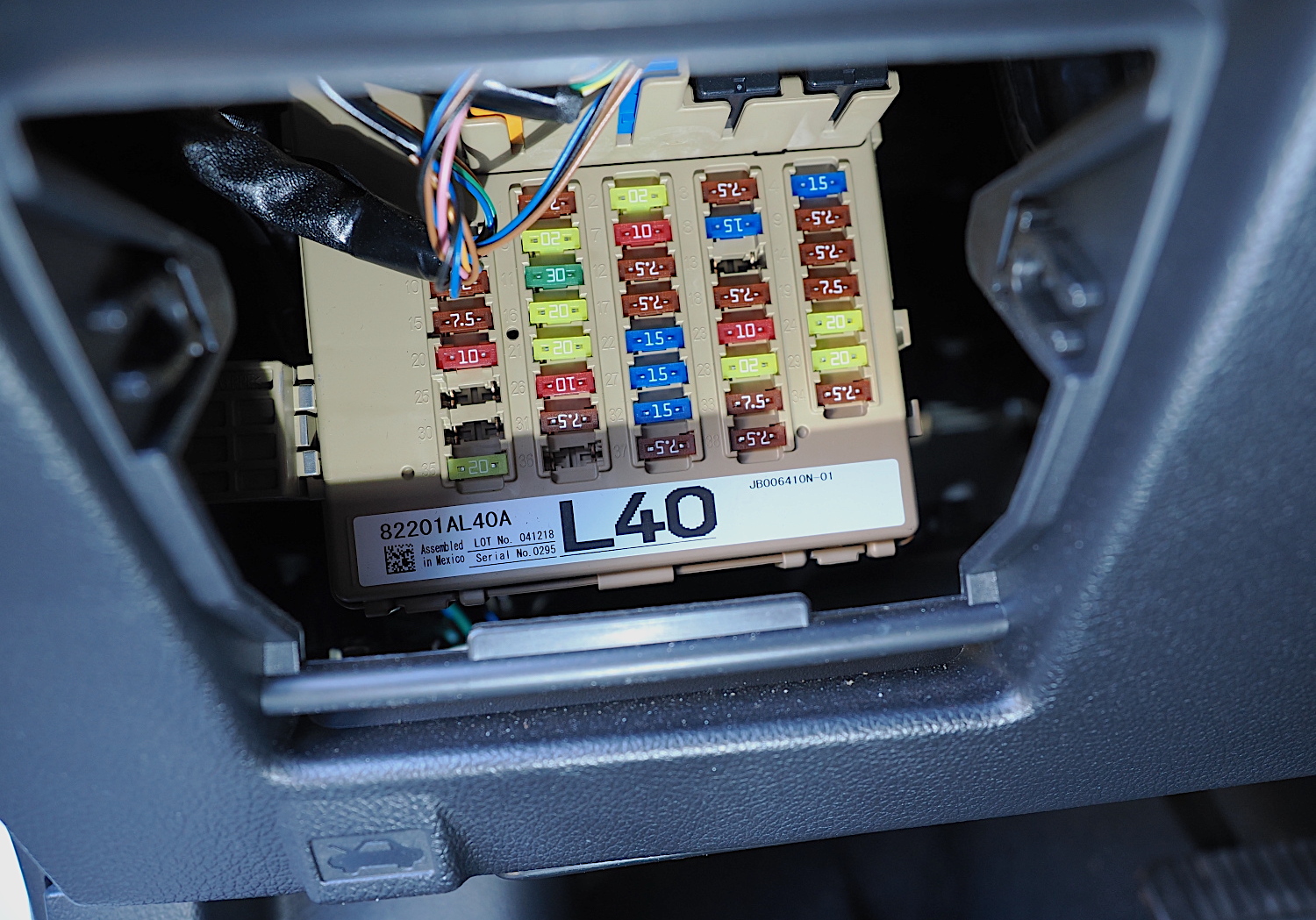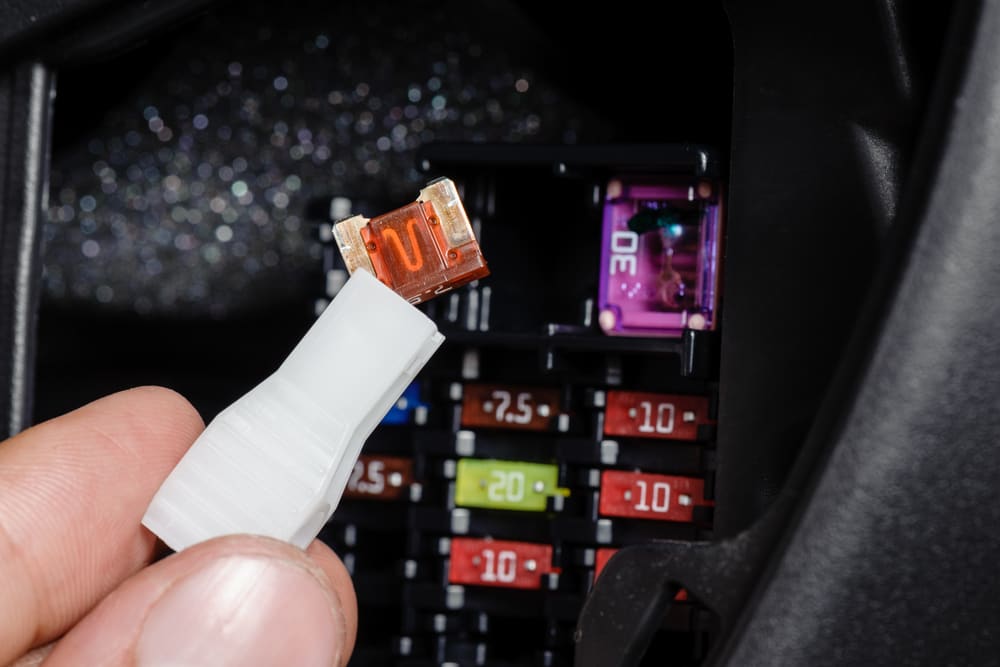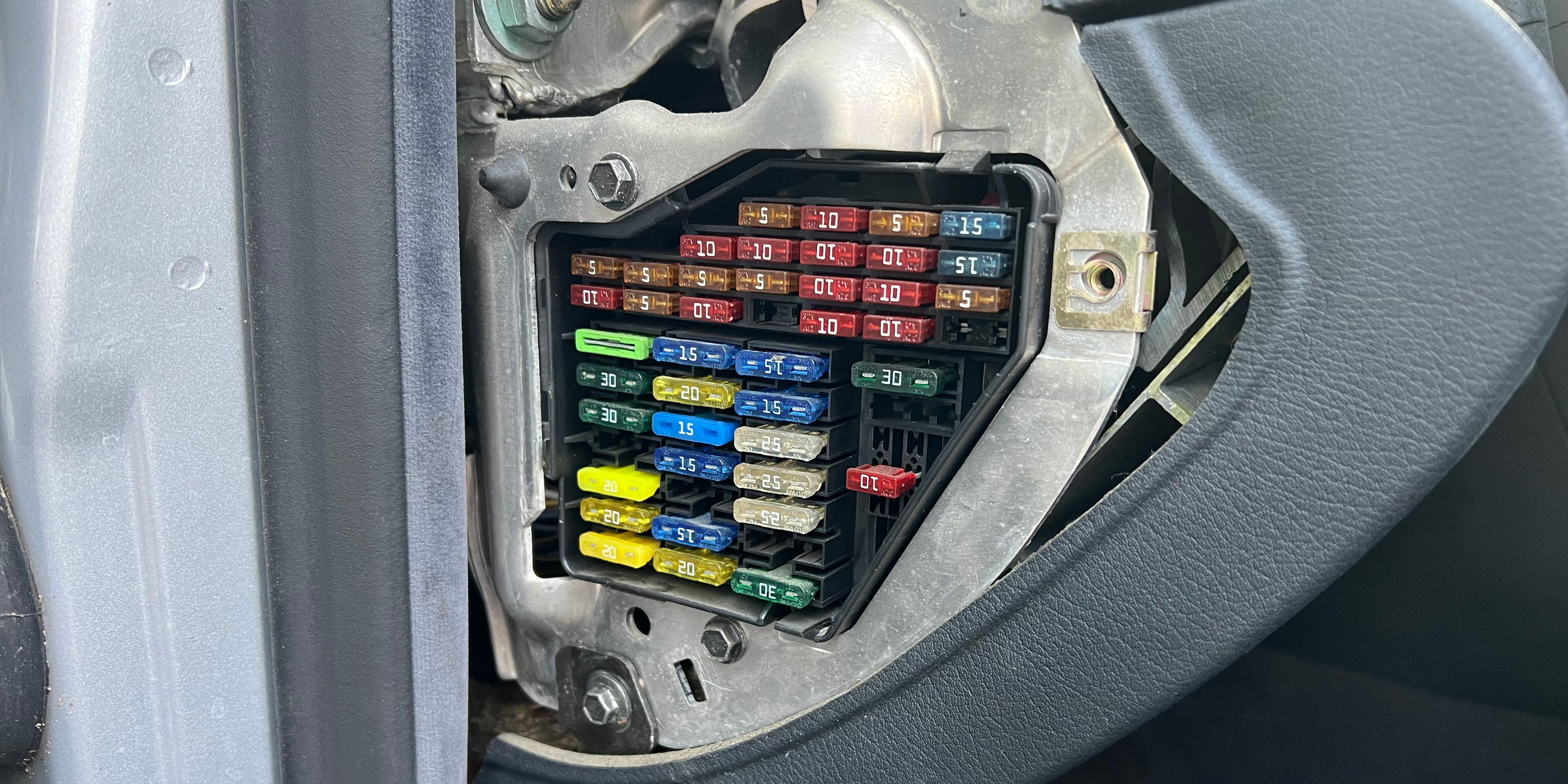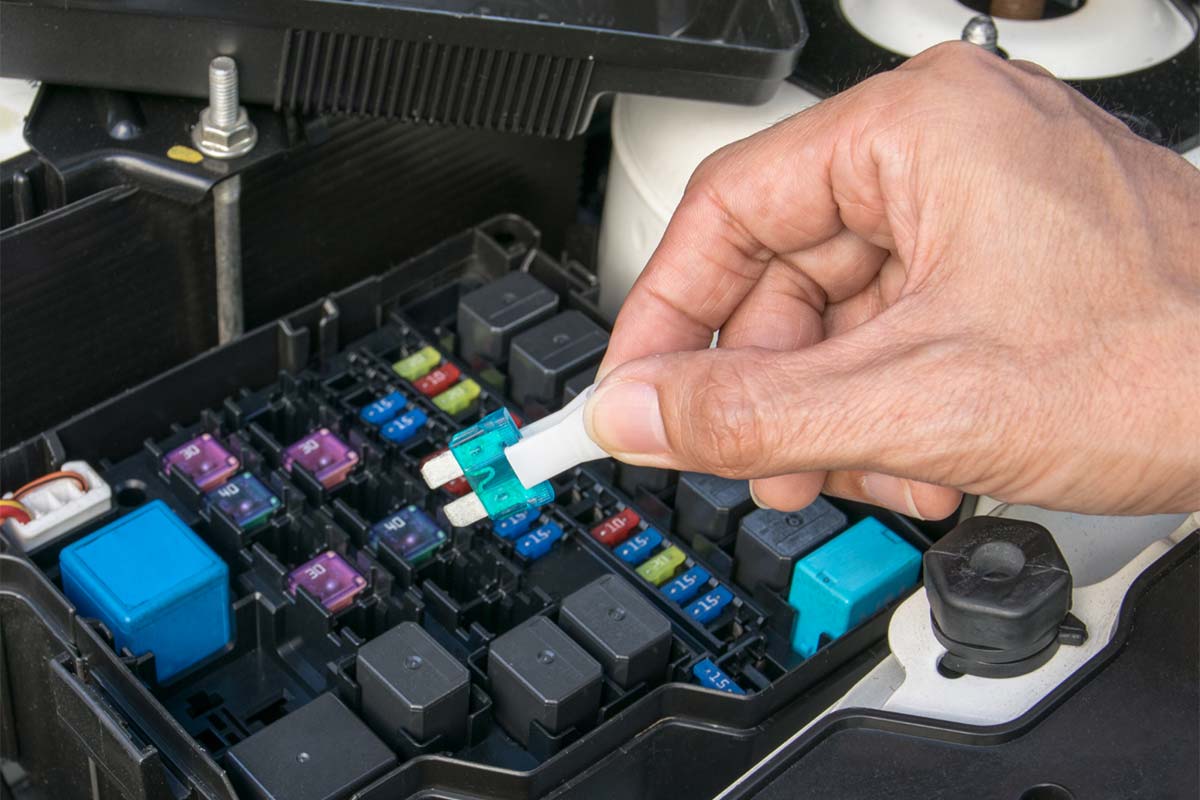Glory Tips About Why Do Cars Still Use Fuses

A Guide To Your Car’s Fuse Box EBay Motors Blog
The Unsung Hero
1. Simple But Effective Protection
Ever wondered why, in our age of super-smart technology, your car still uses something as seemingly old-fashioned as a fuse? I mean, we have self-driving cars and infotainment systems that can practically order your lunch, but a tiny little fuse is still guarding your electrical system. Seems a bit...anachronistic, doesn't it?
Well, the truth is, there's some serious logic behind it. Think of fuses as the ultimate sacrificial lambs of your car's electrical system. They're designed to break — quite dramatically, I might add — when things get too hot, electrically speaking. It's their job to prevent a surge of electricity from frying vital components like your headlights, power windows, or even the engine control unit (ECU). Imagine the chaos if a malfunctioning component caused a major electrical meltdown!
Fuses have been around for ages, and while technology has advanced significantly, the core principle behind them remains incredibly relevant and cost-effective. They're the silent guardians, diligently watching over your car's intricate network of wires and circuits, ready to jump in front of the proverbial bullet (or rather, a surge of electricity) at a moment's notice.
So, next time you're replacing a blown fuse, take a moment to appreciate its simplicity and the crucial role it plays. It's a testament to the idea that sometimes, the oldest solutions are still the best.

Car Fuse Box Explained
Fuses vs. Circuit Breakers
2. Weighing the Options
You might be thinking, "Okay, fuses are good, but what about circuit breakers? Aren't they reusable and more sophisticated?" That's a valid question! Circuit breakers are indeed used in some automotive applications, but they come with their own set of pros and cons, especially when compared to fuses.
Circuit breakers offer the advantage of being resettable. If a circuit overloads and trips the breaker, you can simply reset it once the issue is resolved. This avoids the need to replace a fuse, which can be quite convenient. However, this convenience often comes at a price — literally.
Circuit breakers are generally more expensive than fuses. In a car, where numerous circuits need protection, the cost difference can add up significantly. Furthermore, circuit breakers can be more complex and potentially bulkier than fuses, which can be a concern in the compact spaces within a vehicle. They also can be slightly less reliable in the long run due to their mechanical components.
Ultimately, the choice between fuses and circuit breakers depends on the specific application and the priorities of the vehicle manufacturer. Fuses offer a simple, reliable, and cost-effective solution for protecting a wide range of circuits, while circuit breakers provide the convenience of being resettable, but at a higher cost. For most automotive applications, the balance still tips in favor of the humble fuse.

How Long Do Fuses Last In A Car? Auto Parts Reviewer
Cost-Effectiveness
3. Why Fuses Still Win
Let's face it, cost is a major factor in car manufacturing. Automakers are constantly looking for ways to keep prices competitive without compromising safety or reliability. And that's where fuses really shine. They are incredibly inexpensive to produce and install.
Imagine replacing every fuse in a car with a circuit breaker. The added cost per vehicle would be substantial, and that cost would ultimately be passed on to the consumer. When you multiply that cost across millions of vehicles produced each year, the savings from using fuses become enormous.
The low cost of fuses also allows for a more granular approach to circuit protection. Automakers can strategically place fuses of different amperage ratings throughout the vehicle to protect specific components and circuits. This level of precision is more difficult and expensive to achieve with circuit breakers.
So, while more advanced protection technologies exist, the sheer cost-effectiveness of fuses makes them the go-to choice for most automotive manufacturers. They provide a robust and reliable level of protection at a price that simply can't be beat.

How To Test The Fuses On Your Car
Reliability and Simplicity
4. The Beauty of Basic Engineering
In the world of automotive engineering, reliability is paramount. Cars are subjected to all sorts of harsh conditions, from extreme temperatures to constant vibrations. That's why simplicity is often a virtue. And when it comes to simplicity, fuses are hard to beat.
A fuse is essentially a thin piece of metal designed to melt and break a circuit when the current exceeds a certain level. There are no moving parts, no complex electronics, and nothing to calibrate or maintain. This inherent simplicity makes fuses incredibly reliable. They are less prone to failure than more complex protection devices.
Their straightforward nature also makes troubleshooting electrical problems easier. If a circuit isn't working, checking the fuse is usually the first step. If the fuse is blown, you know there's likely a problem in that circuit. Replacing the fuse is a quick and easy way to restore power, at least temporarily, while you investigate the underlying issue.
In a complex machine like a car, having simple, reliable components like fuses is essential. They provide a solid foundation for the electrical system, ensuring that it can withstand the rigors of daily use.

Future of Automotive Circuit Protection
5. Innovation on the Horizon
While fuses remain the dominant form of circuit protection in cars today, the automotive industry is constantly evolving. As vehicles become more complex and incorporate more electronic components, there's a growing need for more sophisticated protection systems.
One area of innovation is solid-state circuit protection. These devices use electronic components to detect overcurrent conditions and interrupt the circuit. Solid-state circuit protectors offer several advantages over traditional fuses, including faster response times, resettable operation, and the ability to handle higher voltages and currents. They are also more compact, which is increasingly important in modern vehicles.
Another trend is the integration of circuit protection into electronic control units (ECUs). This allows for more intelligent and adaptive protection strategies. For example, the ECU could monitor the current draw of a particular circuit and adjust the protection threshold based on the operating conditions. This could help to prevent nuisance tripping of fuses or circuit breakers.
Despite these advances, it's unlikely that fuses will disappear from cars entirely anytime soon. Their simplicity, reliability, and cost-effectiveness make them a compelling choice for many applications. However, as technology continues to evolve, we can expect to see more advanced circuit protection systems complementing and, in some cases, replacing traditional fuses in the years to come. The future of car electrical systems looks increasingly intelligent and safe.

Types Of Car Fuses Everything You Need To Know Columnist365
FAQ
6. Everything You Wanted to Know About Automotive Fuses
Okay, let's dive into some of the most common questions people have about car fuses. Hopefully, this will clear up any lingering confusion and maybe even impress your friends with your newfound fuse knowledge.
7. Q
A: If you replace a fuse and it blows again almost immediately, that's a big red flag! It means there's likely a short circuit or an overload somewhere in the circuit that the fuse is protecting. The best course of action is to consult a qualified mechanic to diagnose and repair the problem. Continuously replacing the fuse without addressing the underlying issue could potentially damage other components or even create a fire hazard. Remember, the fuse is a symptom, not the disease!
8. Q
A: Absolutely not! This is a recipe for disaster. Fuses are designed to protect circuits based on their specific amperage rating. Using a higher-rated fuse will allow more current to flow through the circuit than it's designed to handle, potentially damaging components and increasing the risk of fire. Always replace a blown fuse with one of the same amperage rating. The rating is clearly marked on the fuse itself.
9. Q
A: The location of the fuse box can vary depending on the make and model of your car. However, it's typically located in one of three places: under the dashboard, in the engine compartment, or in the trunk. Check your owner's manual for the exact location of the fuse box in your vehicle. The manual will also provide a diagram of the fuse box, indicating which fuse protects which circuit. This diagram is incredibly helpful for troubleshooting electrical problems.